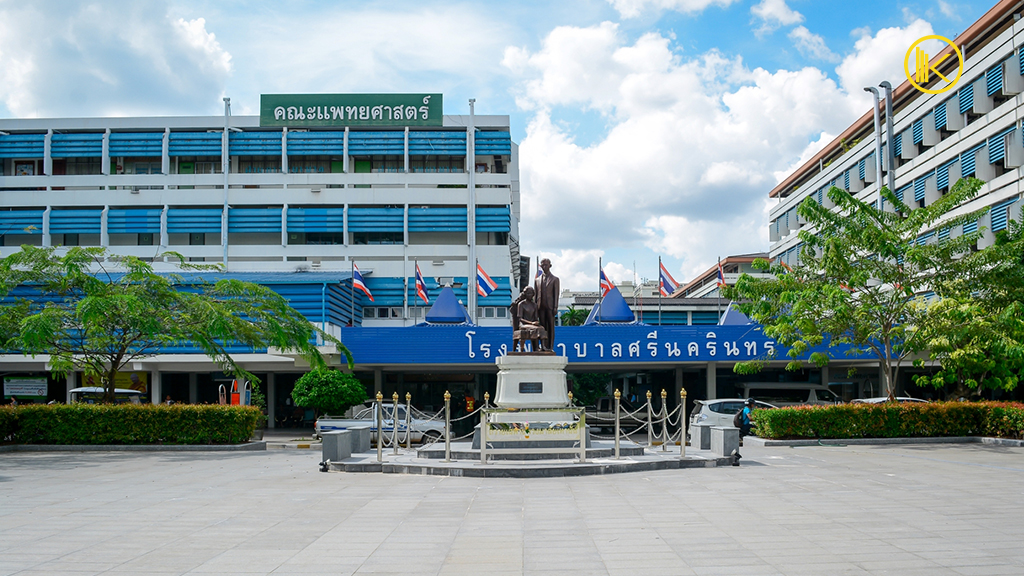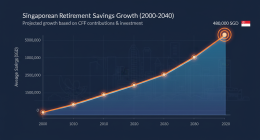The Federation of Thai Industries (FTI) is urging the Thai government to implement stricter regulations on foreign e-commerce platforms, aiming to curb the influx of low-cost imported products that threaten local businesses. The FTI’s call comes after a recent survey highlighted the significant impact on Thai entrepreneurs, particularly in industries like garments, furniture, and packaging.
The Impact of Low-Cost Imports on Thai Entrepreneurs
Sales Decline Among Local Businesses
According to the FTI survey, 35.1% of local entrepreneurs reported a decline in sales due to inexpensive products sold online by foreign platforms. The hardest-hit sectors include garments, furniture, plastic products, and packaging, where the competition from low-cost imports is most severe.
Mixed Results from the Survey
While a large portion of businesses experienced negative impacts, 47.4% of respondents did not report a decline in sales, and 17.5% even saw an increase. Despite these mixed outcomes, the majority of businesses (67.4%) advocated for the government to regulate e-commerce platforms and ensure they are legally registered entities to facilitate the collection of value-added tax (VAT).
FTI’s Recommendations for Fair Competition
Stricter Regulation of E-Commerce Platforms
The FTI suggests several key measures to level the playing field, including:
- Mandatory registration of e-commerce platforms as legal entities to ensure proper tax collection.
- Enforcing consumer protection laws and streamlining the complaint process for substandard products (46.9% of respondents).
- Requiring platforms to display state certification for products meeting safety standards (45.1%).
- Monitoring online financial transactions to ensure compliance with regulations (26.3%).
Collaboration with the Customs Department
In response to the FTI’s concerns, the Industry Ministry has tasked the Thai Industrial Standards Institute (TISI) with collaborating with the Customs Department to inspect the quality of imported goods, particularly those under TISI’s supervision. This initiative aims to reduce the influx of low-cost, substandard products into Thailand.
Addressing the Threat of Foreign Platforms
The Rise of Platforms like Temu
The FTI has expressed concerns over foreign e-commerce platforms like Temu, a Chinese retailer known for offering ultra-low prices. The federation attributes Temu’s competitive pricing to lower operational costs in China, including cheaper energy and wages. This price advantage, the FTI argues, puts Thai manufacturers at a disadvantage, and if left unchecked, could lead to more local factories closing down.
The Need for Swift Government Action
Protecting Local Businesses
The FTI’s call for stricter regulation reflects the growing need for government intervention to protect Thai entrepreneurs from unfair competition. By ensuring that foreign platforms comply with local regulations, the government can help preserve the competitiveness of Thai industries and maintain a healthy economic environment.









